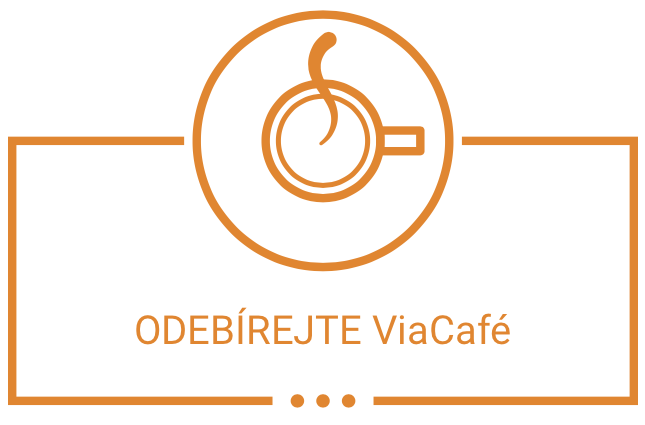Did you know that Via Foundation supports community builders across Central, Southern and other parts of Europe who are building bridges between people with different life experiences and views, and thus strengthening democratic values?
Through the Community Alphabet program, Via Foundation connects these active individuals and shares community building approaches, tools and practical examples. “Our goal is to ensure that community initiatives in Central and Southern Europe have the necessary knowledge, tools and support to confidently implement inclusive participatory processes. We have also developed and run the Trust Community website, which offers case studies, videos, e-books on relevant themes and contacts to our participants and other community builders engaged in the program,” said Helen Lenda, who leads the Community Alphabet program.
A total of 82 community leaders from various corners of Europe have gone through or are currently participating in the program. This is the first of 3 articles about CA program participants from different European countries.
Story #1: “Thanks to Community Alphabet, I finally learned how to share leadership,” said Lucie Černická, a participant from the Czech Republic
Lucie Černická started out like most community builders. She was passionate about communities and felt that if she wanted to, she could initiate positive change in the world around her. After she and her family moved to South Bohemia, she developed an environmental education center in the town of Jindřichův Hradec, where she organized programs for preschools and elementary schools and led landscape restoration projects. “But even then, I had the feeling that it would be better if everything wasn’t always just on my shoulders,” Lucie noted.
Later, she began advising community groups carrying out projects and it was with this experience that she applied to Community Alphabet (CA) in 2021. At the time, she was helping transform an open space near the town square in Chlum u Třeboně into a garden using rainwater. But even in this advisor role, Lucie struggled with the same problem: “Even when a lot of people got involved in the community project, it always came down to just a few people or even just one person leading the project and bearing responsibility for the process. It didn’t seem like a sustainable solution,” Lucie recalled. The community rainwater garden project was Lucie’s first opportunity to try shifting her role from initiating change to “just” supporting the community as a guide.
“Community Alphabet gave me a set of practical tools to learn how to shift from being the person at the helm to creating space for the community to solve things themselves,”.
Lucie Černická
Lucie found that in addition to the series of workshops on community building themes that CA offers, the opportunity to exchange experiences with participants from various European countries was hugely beneficial. “The biggest experience for me was when we went to see how community projects operate in other parts of Europe. For instance, the visit to the village of Den Andel in the Netherlands was a complete revelation for me. When we arrived, our jaws literally dropped,” Lucie said with a laugh. She recalled how she and the other CA participants marveled when they saw how this Dutch community functions and told the local residents that everyone must want to live there. “They laughed and replied that after 40 years, things seem to be working alright in the village. This insight helped us adjust our timeframe for community building. As community leaders, we often feel that a community project should be operational within two to three years, but that’s not the case. It made us more humble. Good things take time,” Lucie added.
In the Netherlands, Lucie was particularly inspired by the ABCD (Asset-Based Community Development) approach, which focuses on building community using local resources, which creates space for every individual to play an active role. “In practice, this means you have to discover what is valuable in your community and build on that, rather than focusing on bringing in ideas from outside,” Lucie explained. “In the Dutch community we visited, they really made space for everyone. People had the freedom to do things their own way, and everyone was a valid member of the community.”
Thanks to this experience and her reflections on the rainwater garden project, Lucie decided to try working with a community differently. “In my next project as a community engagement advisor, in Římov in South Bohemia, I was able to fully utilize the tools I gained through the program,” she said. Lucie began to listen more closely to people’s needs and, in collaboration with them, outlined a way of working in the community. “A local artist who was enthusiastic about connecting the community in this way, then created a safe space where people could sit down over coffee and share what they like to do, what skills they have, and what’s important to them. And through these conversations, people with similar interests or needs began to connect. They started getting together, the community began to grow and suddenly their activities multiplied beyond what anyone from the outside could have imagined. In Římov, community life began flourishing and now they have watercolor classes, bread-baking sessions and monthly excursions to an art film cinema. It’s based on personal relationships, and that’s how it should be, I think,” Lucie noted.
“What brought me the most joy was that the tools we learned in the CA program work in practice. When you give people space to talk, incredible miracles begin to happen. The community starts to interact more, people set aside their grievances and connections begin to form,”.
Lucie Černická



